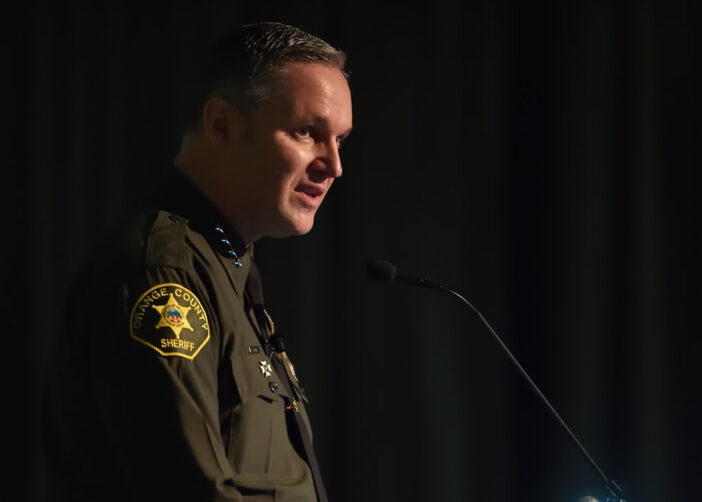Editor’s note: As part of our 10th anniversary, Behind the Badge is sharing stories from our archives: Red Ribbon Week, for drug prevention, is Oct. 23-31. This story is from March 12, 2019.
In the 1980s, the United States began to see the beginnings of what would later become a nationwide epidemic of drug abuse. A new cheap smokable version of cocaine known as crack overwhelmed urban communities. Crime rose to historical highs in every city in America as police departments and politicians struggled to try and stem the tide.
It would take years for many cities to recover. Since the early 90s, crime rates have dropped. For many, the drug epidemic of those years seems like a distant memory. Those years are best recalled in movies such as “Scarface” and “Pulp Fiction.”
Fast forward to today and we are again seeing a new cheap drug hitting the black market. Across the country, fentanyl has reared its ugly head and already it has turned into a public health crisis in some areas of the country.
In January of this year a mass fentanyl overdose occurred in Chico, California. Chico police officers responded to find 14 people overdosing and in full respiratory arrest. Every ambulance in the city and all the officers’ supply of Naloxone was utilized. One subject died.
Users aren’t the only ones impacted. First responders have been affected by the drug during the course of their investigations. Most recently on March 3, 2019, an officer from Fort Dodge, Iowa came into contact with suspected fentanyl and overdosed from merely contacting the drug.
In Orange County, California, sheriff’s deputies seized double the amount of fentanyl compared to the previous year. According to Orange County Sheriff’s Department spokeswoman Carrie Braun, “A fatal overdose of fentanyl can be 2 milligrams. For perspective, a sugar-packet-sized bag of fentanyl can contain 500 lethal doses. The 44 pounds seized by OCSD in 2018 contains more than 10 million fatal doses.”
We are already being impacted by this new, more addictive synthetic opiate and there needs to be an immediate response at every level to manage the problem. Education, rehabilitation, and enforcement all need to be part of the holistic approach.
Barnes is currently working with State Senator Pat Bates to address the disparity in penalties for those who are trafficking fentanyl. SB 161 would penalize fentanyl traffickers the same as those who distribute heroin and other dangerous drugs. It’s a step needed in order to curb the distribution of the narcotic.
Listen to our podcast interview with Sheriff Don Barnes on his thoughts and perspective on the fentanyl crisis.
 Behind the Badge
Behind the Badge



